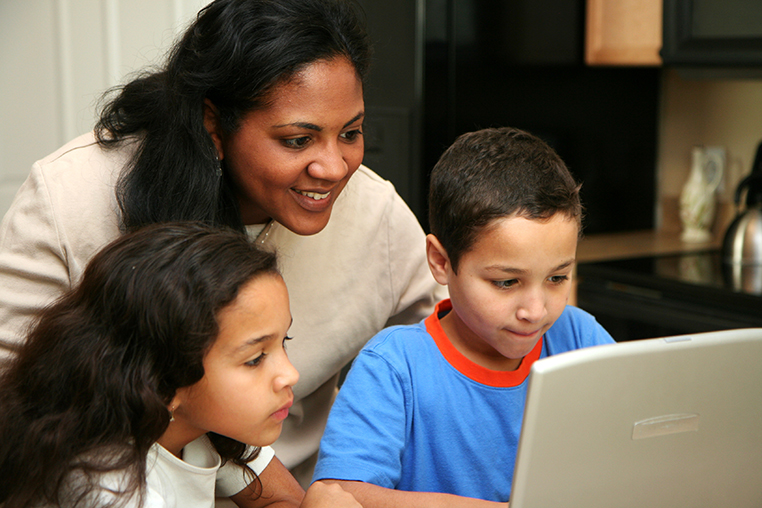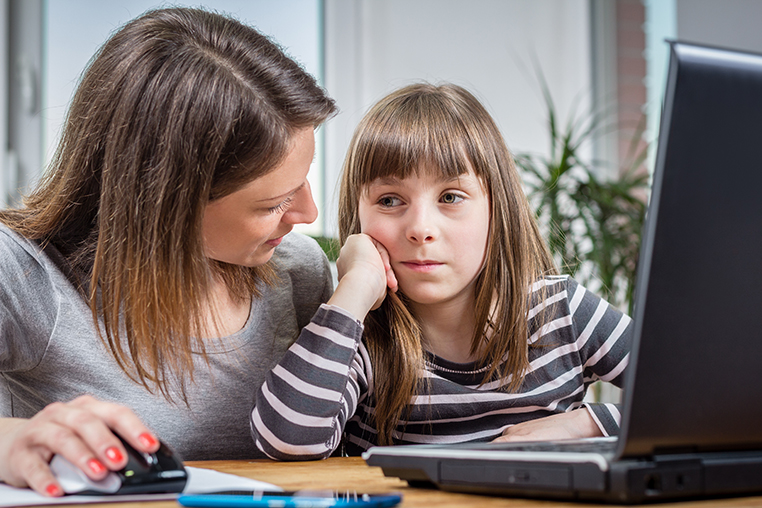
5 Online Safety Tips for Kids

From laptop computers to smart watches and TVs, our devices are designed to keep us connected at all times. And though that’s great for a lot of reasons, it can be confusing — and potentially dangerous — for kids. Here are five online safety tips for kids.
Teach kids why internet safety is important.
It’s not enough to simply tell kids that “the internet is dangerous.” Explain to your children from an early age that there are people online — just like in the real world — who might try to trick kids into doing things that will get them into trouble or hurt them. Warn your kids that internet predators may act like kids their age in order to gain information and access to them, and that it means danger.

Monitor their usage.
Parents may feel like they are intruding on their kids’ privacy or not being trusting of them when they routinely check their children’s search history, use shared email accounts, or know passwords. However, in this digital age, monitoring kids’ online activity is a parent’s job. Keep the computer in a central area, and for kids younger than 10, stay nearby the entire time they are online. As kids get older, parents should “follow” or “like” them on any social media sites they use. Let your kids know that you will be checking their computers and other devices, and keep the iTunes account password secret so that you have control over which apps are downloaded.

Set rules and establish expectations.
Many families have limits on the amount of time kids can spend on the computer, playing video games or texting friends. Consider the time of day you allow internet usage as well. Ground rules may include:
- Understanding which sites are appropriate
- Telling parents about any new people met online, or who has contacted them
- Understanding that it is never okay to personally meet anyone who is met online
- Agreeing not to post photos online
- Not letting anyone they don’t know “in real life” follow them online
Most kids don’t realize that once you accept someone as a friend on Facebook, for instance, you’re granting access not only to the information on their own profile, but also to the profiles of all of their Facebook friends.
Teach them how to protect their privacy.
After explaining why privacy is important, let kids know that they have some control over protecting their own privacy. In addition to the ground rules above, kids should never:
- Give their name, number, e-mail address, password, postal address, school name, or picture without your permission
- Open e-mail from anyone they don’t know
- Respond to hurtful or disturbing messages
Use safety controls.
You don’t have to buy expensive software to maintain control over what your kids are seeing online. Almost all devices now have safety settings and parental controls that you can easily activate. For search engines like Google, use the Safe Search function.

Perhaps the most important aspect of keeping kids safe online is letting them know that they can come to you at any time with any concerns. If they are worried about being punished for something disturbing they saw online or in a text or email, they won’t likely confide in you. Instead, keep the lines of communication open so that you kids have a safe place to learn appropriate online behavior.